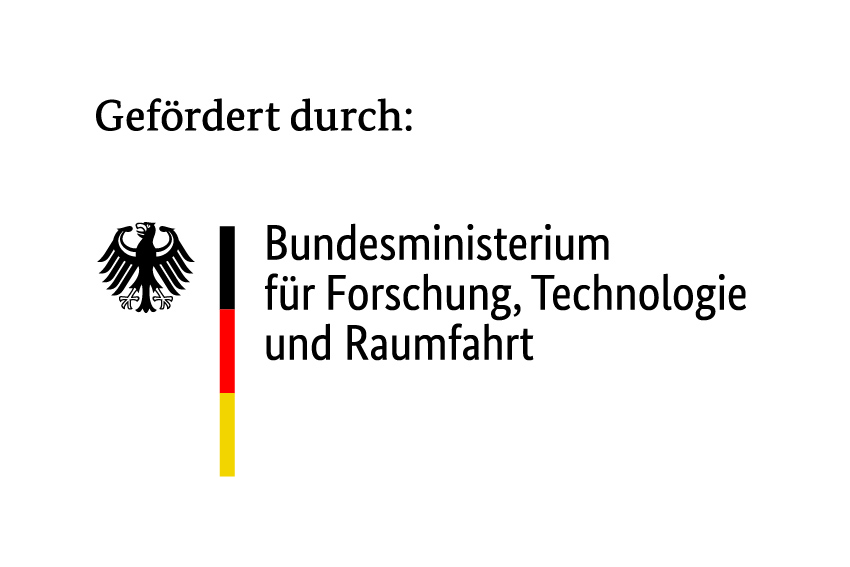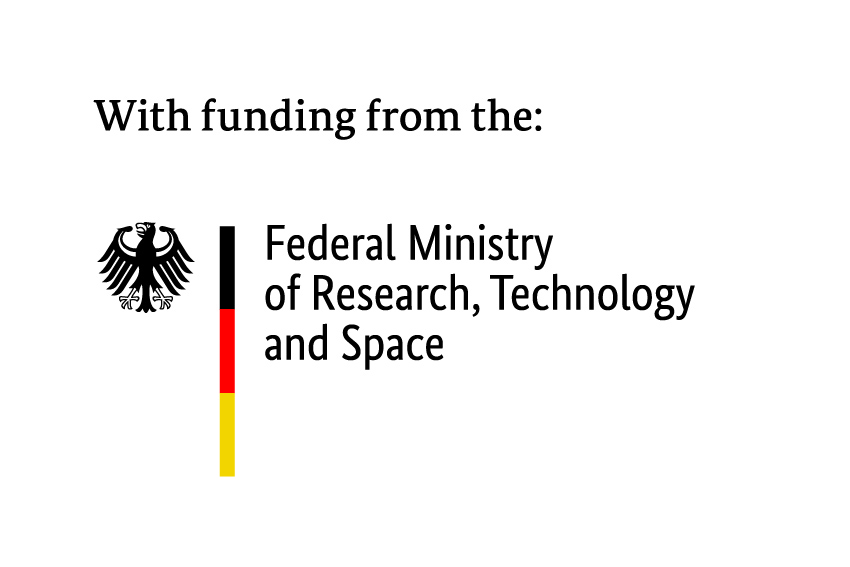Topics
The wide-ranging projects of the funding priority are divided into five thematic focal points in terms of content. The funded projects pay attention to at least one of the focal points, but often to several of the objectives.
Impact Measurement
Why is impact measurement elementary, what challenges exist and what innovative solutions are available?
Learn more
Transformation in the building sector
How can financing of new housing construction and renovation be brought in line with the 1.5-degree target?
Learn more
Regulatory
What regulatory framework is needed for sustainable finance to be fully effective in the real world?
Learn more
Transparency
Which sustainable investment can actually do what? Overview in a not yet defined market.
Learn more
Main topics in detail
Impact Measurement: Why is impact measurement elementary, what challenges exist and what innovative solutions are available?
Sustainable Investments play an important role in compliance with the Paris Climate Agreement. Impact investments in particular, whose goal is to make a real economic contribution to solving social and ecological challenges in addition to a financial return, are of great importance. Already today, the volume of self-declared impact assets in Germany amounts to 38.9 billion euros and continues to grow strongly, according to the 2022 market study of the Federal Initiative for Impact Investing (BIII)*.
In order to prove impact, avoid “impact-washing” and deploy capital in a targeted manner, a robust impact measurement is needed. In practice, however, many asset managers find it difficult to disclose the impact of their financial products. This is due, among other things, to a diverse landscape of impact measurement methodologies as well as regulation that is only beginning to evolve.
But also, science has not yet answered some essential questions of impact measurement in a well-founded way: At what point can we speak of impact? How long do impact effects have to last in order to be sustainable? Can positive and negative effects be offset against each other? And if so, how can this be done?
The main topic is therefore intended to provide contributions and innovative approaches to answering these questions.
Transformation in the building sector: How can the financing of new housing construction and renovation be brought in line with the 1.5-degree target?
Buildings are responsible for 40% of CO2 emissions within the European Union (EU). The biggest lever is the renovation of existing buildings. At 1% p.a., the renovation rates in the existing building stock are significantly below the approx. 2-4% that would be necessary to achieve the climate targets of the Paris Agreement as well as those of the EU and the German government.
Therefore, possible incentives, products and distribution channels are to be researched and discussed within the scope of the main topic, which enable the financial market to reduce the barriers on the side of the building owners to retrofit and to transform the building stock. In the focus area, data on the financial situation and willingness to invest of private building owners will be collected and analyzed. On the basis of dialogues with the stakeholder groups concerned, innovative financial and insurance products with the highest possible decarbonization potential will be developed. In addition, the EU Taxonomy and the required data will be in the focus. The EU Taxonomy Regulation defines a framework to classify sustainable economic activities within the EU. Previously, no universal definition of green, sustainable or environmentally friendly activity existed.*.
Regulatory: what regulatory framework is needed for sustainable business and sustainable investment companies to have be fully effective in the real world?
The European Financial Reporting Advisory Group (EFRAG) is working on uniform EU sustainability reporting standards that currently address twelve cross-sectoral standards on the environment, social issues and corporate governance. These will become mandatory for large capital market-oriented companies for fiscal years beginning on or after Jan. 1, 2024. Other large companies will follow this regulatory obligation for fiscal years beginning on or after Jan. 1, 2025, and listed small and medium-sized companies will be affected from Jan. 1, 2026. In the future, reporting will include approximately 150 non-financial key figures. The number of first affected companies will increase from approx. 11,700 to 50,000* in the future.
In addition to regulatory pressure for companies in the EU, the discussion of global sustainability reporting is also intensifying. The International Sustainability Standards Board (ISSB), part of the International Financial Reporting Standards (IFRS) Foundation is developing standards for international non-financial reporting. Compared to the European development, the standards of the ISSB include only two versions, which refer to basic reporting and climate-relevant information.
The preceding information shows that the discussion and development of regulations for non-financial reporting is progressing strongly at the European and global level. Companies and stakeholders from politics, society and finance should follow this development more closely in the future and take it into account in their decisions.
Investment companies and financial products traded on the European financial market must also comply with regulations. The Sustainable Finance Disclosure Regulation (SFDR) came into force in March 2021. This regulation contains rules for financial market participants to disclose transparency regarding the integration of sustainability risks and the consideration of negative sustainability impacts in their financial products.
In the context of sustainability regulation, there is a need for discussion and adressing of existing criticism, despite the progress being made. The question arises as to what it will take in terms of regulation for sustainability to be considered an integral part of the corporate and financial marketplace.
*European Parliament (2022) Sustainable economy: Parliament adopts new reporting rules for multinationals.
Climate change & the financial system: How can banks and investors help save the climate?
A global decarbonization of the economy and all areas of life is the basis for keeping global warming as limited as possible and achieving the Paris climate targets.
According to studies, in Germany alone a total of 5 trillion euros would have to be invested by 2045 to achieve this goal, or around 190 billion euros annually. The vast majority of this is private investment, so the financial market has an important role to play in providing these funds.
Therefore, the thematic focus will explore and discuss possible strategies, incentives, products and distribution channels that enable the financial market to fulfill this role. The focus will be on the transformation of sectors and companies that have so far not been in line with climate goals. To this end, the design of labels for the transition will be explored, as will the side of small investors whose capital is to flow into sustainable activities.
Transparency: Which sustainable investment can actually do what? Overview of a market that has not yet been defined
Sustainable investments are on their way to becoming mainstream among private investors and are already established among institutional investors. According to the industry association Forum Nachhaltige Geldanlagen (FNG), sustainable mutual funds, mandates and special funds will account for 9.4% of the total German fund market in 2022. Calculating the share of sustainable mutual funds in the total amount of mutual funds, sustainable mutual funds reach a market share of 16.7%*.
Nevertheless, knowledge about sustainable funds, their differences and respective strengths, is still relatively low. Neither among all potential providers nor among all potential consumers is there any clarity about which sustainable products in the financial sector stand for which characteristics. One way to remedy this is to increase the transparency of the products and all investment objects. In the thematic focus, for example, sustainability labels for financial products or the ESG preferences of retail investors and, in turn, their effects on other actors and fields of action are examined.

